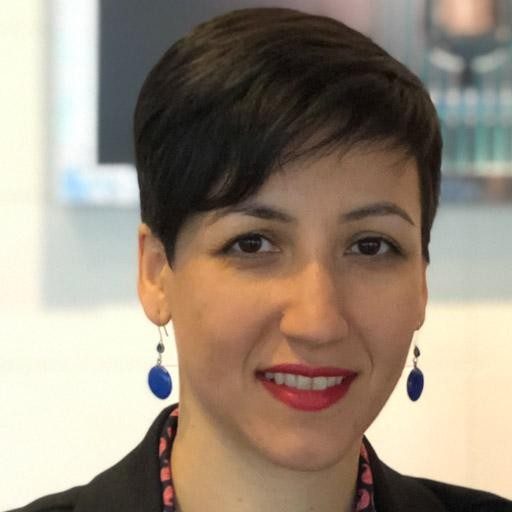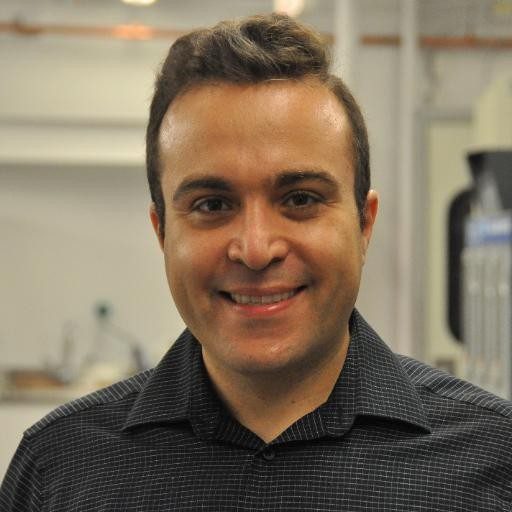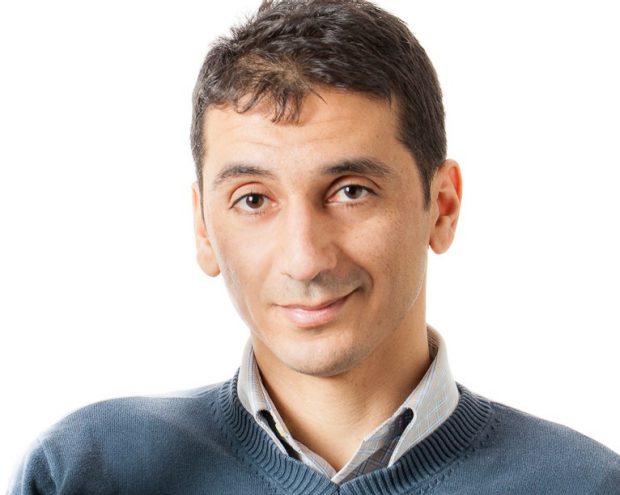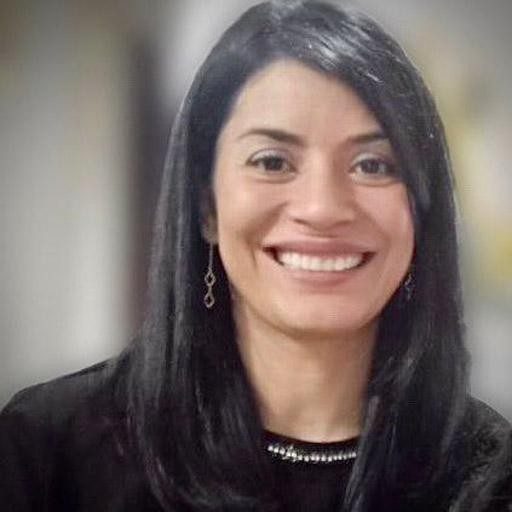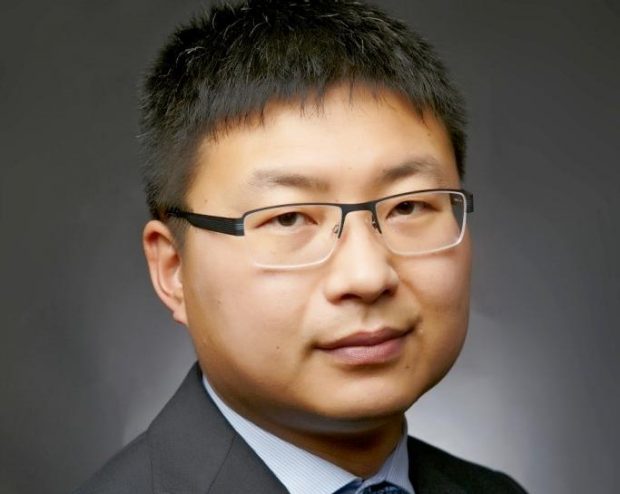Our Awards & Grants
Excellent academic work and research that embody the Gina Cody School’s values and vision in equity, diversity and inclusion should be recognized.
We acknowledge and actively support faculty, staff and students within the community who take deliberate actions towards achieving a more equitable, diverse and inclusive environment.
Congratulations to the 2023-2024 winners!
Meet our award recipients as they share their commitment to advancing equity, diversity and inclusion (EDI)
2023-2024 Gina Cody School EDI Award recipients
Gina Cody School EDI Research Grant recipients
About the Project
The main goal of the Eagle and the Condor project is to contribute to the improvement of digital equity through the development of a multidimensional approach for digital transformation, in partnership with underserved Indigenous peoples in North and South America. The Prophecy of the Eagle and the Condor is an ancient Indigenous folktale from the people of the “Americas,” that spoke of a time when the Eagle and the Condor—representing the Indigenous peoples of the North and the South— would reunite once again with their original knowledge, strength, diversity and connection. Backing the prophecy, in this project, we will develop a set of access technologies and digital tools designed by and for users from ancestral cultures in North and South America. We will develop assessment and digital appropriation methodologies with a decolonizing approach, in which the participants recognize and strengthen the ways Indigenous peoples understand education, health, communication, entrepreneurship, etc. while acknowledging the wisdom they possess.A diverse partnership with academic, industrial, governmental, and Indigenous organizations, will mature the multidimensional approach, to be developed with and for Indigenous communities, to achieve the following goals.
Project
The team's project will explore the crucial role of Indigenous communities in addressing environmental problems, covering topics such as emerging pollution problems, climate change adaptation, traditional ecological knowledge, biodiversity conservation, Indigenous leadership in decision-making, and the challenges faced by Indigenous communities.
Despite their sustainable way of life, Indigenous communities are disproportionately affected by many emerging environmental problems such as climate change, deforestation, and pollution. Recognizing and addressing these issues can help create a more equitable and sustainable future for Indigenous communities.

Rezvan Aravani

Zhikun Chen

Lauren Kuppens

Mark Biagi

Ron Lampreau Jr.

Dona Nham
Territorial acknowlegement
I/We would like to begin by acknowledging that Concordia University is located on unceded Indigenous lands. The Kanien’kehá:ka Nation is recognized as the custodians of the lands and waters on which we gather today. Tiohtià:ke/Montréal is historically known as a gathering place for many First Nations. Today, it is home to a diverse population of Indigenous and other peoples. We respect the continued connections with the past, present and future in our ongoing relationships with Indigenous and other peoples within the Montreal community.


